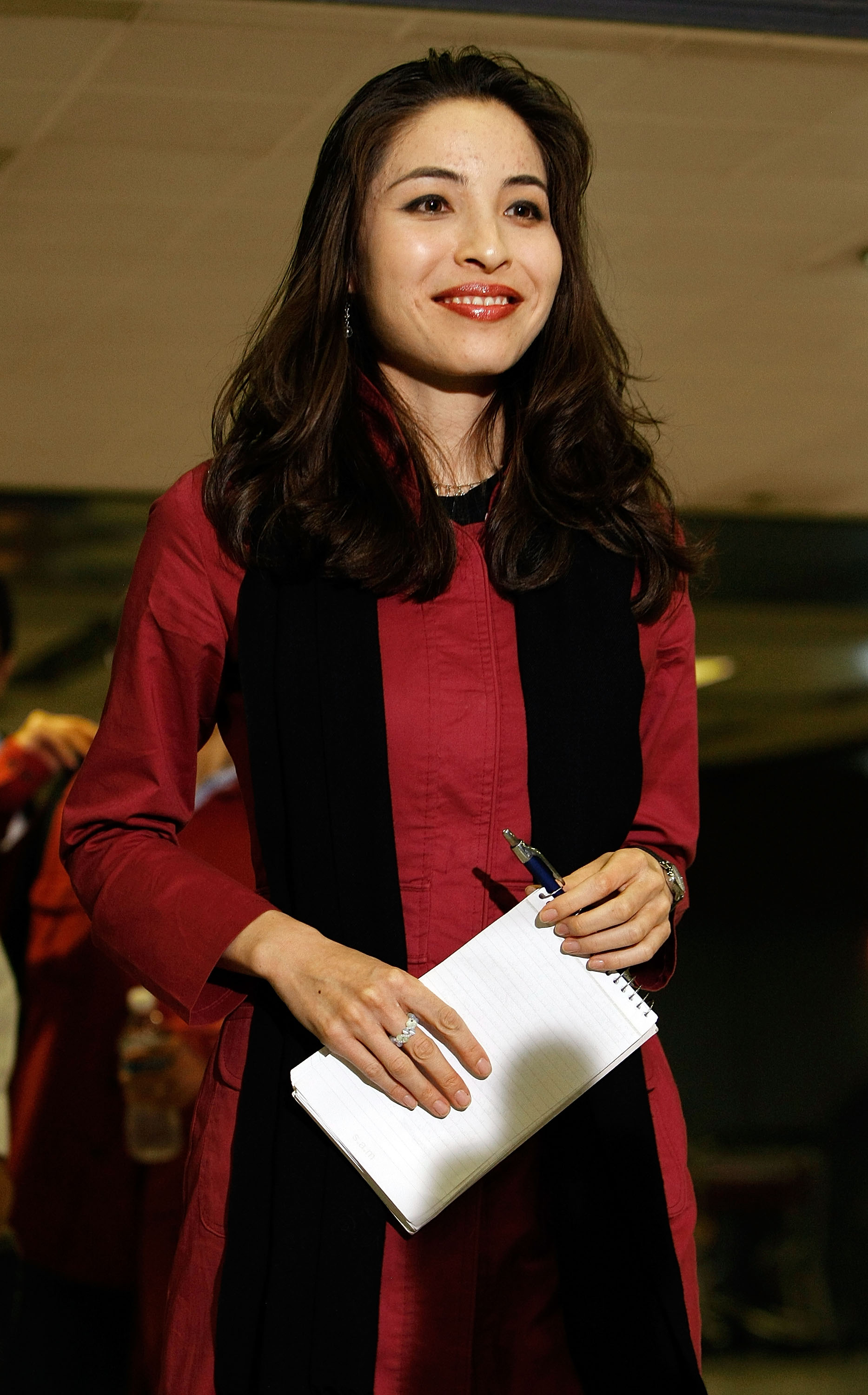
On Jan. 16, I received a phone call from the family of one of the Iranian-American prisoners about to be freed by Iran. “We’re so happy this day has finally come,” the caller said, “but how can we help him transition back to his life after prison?”
“It depends on each person,” I answered. If he’s like me, I said, he’ll initially want to relish the little pleasures many of us take for granted: being with family and friends, sleeping in a bed, surfing the Internet and walking down the street without a blindfold or handcuffs.
“But he may also feel overwhelmed,” I added. After all, these men were cut off from the outside world for so long, much longer than my 100 days in Tehran’s Evin Prison. “The best you can do”—I thought of my parents—“is to love and support him.”
Since then, former Marine Amir Hekmati, at one time sentenced to death, has told journalists: “I feel alive for the first time. It’s like being born again.”
And Washington Post journalist Jason Rezaian, who spent a year and a half in custody, explained: “I know people are eager to hear from me, but I want to process this for some time.’’
Regaining freedom is like getting a second chance at life. And processing wrongful imprisonment can take weeks, months, even years.
It did for me.
The first year I was free, I focused on writing and speaking about my incarceration. This helped me make sense of it, while advocating for the cellmates I left behind—Iranian political prisoners who should have also been released but who didn’t have the support that can come with an American passport.
Then my schedule began to slow, forcing me to face emotions I had been burying:
My friends and family members wanted to help, but of course it was hard for them to relate. My longing for inner peace made me restless. I went to a therapist.
One year after my release, I was diagnosed with post-traumatic stress disorder.
“My dear Roxana,” my therapist e-mailed me that spring, “it is very understandable that you are in this state of mind. … It is natural that you feel, ‘What now? What am I going to do with my life?’ The answer is, for the time being, DO NOTHING.”
The only time I had “done nothing” was in solitary confinement, without a pen, paper, people or books; I had never felt so alone.
“Make no major decisions,” her e-mail went on. “Just allow each day to pass and try to savor the small things and feel thankful for them. Try not to review life and its meanings or the position in which you see yourself now. Do not make plans … strive, or worry. Trust that you will be taken care of.”
So I decided to do nothing. In Paris.
For one month, I stayed with a French friend. I ate baguettes and drank cabernet by the Seine, read Eckhart Tolle’s The Power of Now, and watched all six seasons of Sex and the City.
That month helped.
Eventually, so did new insights. Believing in something eternal, infinite and good gave me perspective. Forgiving my captors and myself helped me move on. Understanding that everyone has prisons, or adversities, to deal with motivated me to seek the meaning in my captivity.
I recalled that for weeks as I sat in my prison cell, I felt helpless, barred from making a simple phone call to tell my parents where I was. Later, when I discovered that friends and strangers were speaking out for me, I felt empowered. Now that I could again make my voice heard, I decided to return to my original profession and passion of journalism. I focused on stories about people who rarely make the headlines.
More than two years passed before I felt like myself again, before my childhood friends from Fargo, N.D., could tell my mother: “Her smile is the one we remember.” Today I still have rough moments, but overall I feel like one fortunate, free woman.
Most former prisoners I know have also grappled with emotional scars. Several have turned them into a force for positive change, through their activism, journalism or everyday interactions.
The three Iranian-American men now back in the United States will also likely have scars. I hope theirs will heal soon, and maybe one day, they will share their journeys with us.
More Must-Reads from TIME
- Donald Trump Is TIME's 2024 Person of the Year
- Why We Chose Trump as Person of the Year
- Is Intermittent Fasting Good or Bad for You?
- The 100 Must-Read Books of 2024
- The 20 Best Christmas TV Episodes
- Column: If Optimism Feels Ridiculous Now, Try Hope
- The Future of Climate Action Is Trade Policy
- Merle Bombardieri Is Helping People Make the Baby Decision
Contact us at letters@time.com